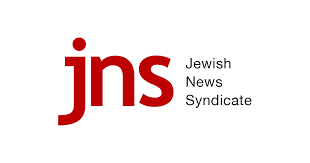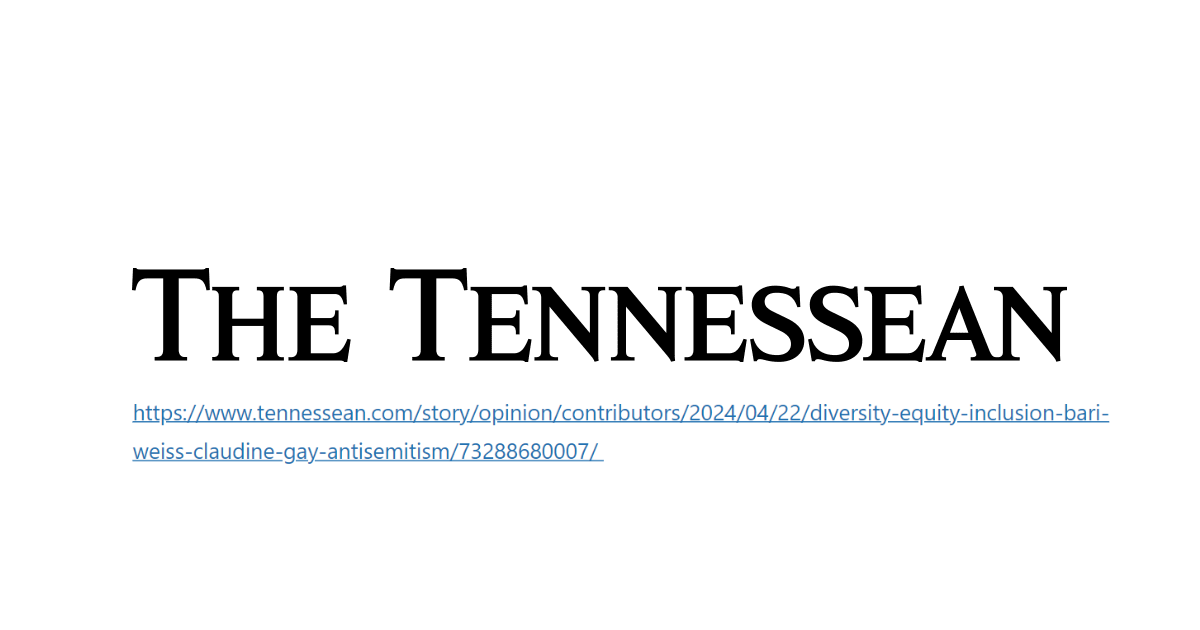
July 2 2025 By George Lindemann
No taxpayer-funded hate in the arts in Florida | Opinion
A new law banning public funding for organizations that promote hate, including antisemitism, passed ...
July 2, 2025 By George Lindemann

Florida’s new law ensuring that taxpayers will no longer subsidize hate or discrimination must serve as a model for other states.
For 25 years, I have been deeply involved in Florida’s arts community—funding exhibitions, cultivating emerging artists and championing creative freedom.
My family’s philanthropic work has helped to launch artists’ careers and preserve cultural institutions. I believed wholeheartedly in the art world’s commitment to diversity, inclusion and giving voice to the marginalized.
Then came Oct. 7, 2023. The aftermath sent shockwaves through the arts community. As a supporter of the arts and as a Jew, it opened my eyes to a shocking problem I could not unsee.
Suddenly, Jewish artists found themselves persona non grata in spaces I helped fund. Curators who had eagerly courted my support began offering polite but unsettling rejections to Jewish creators: “We don’t want the controversy.”
Gallery directors who preached inclusion started treating Jewish identity as inherently problematic. Most painfully, some institutions gave their platforms to artists who promoted anti-Jewish hatred, while accepting public funds.
As someone who has spent decades advocating for artistic freedom, watching this discrimination unfold was distressing. But it also brought into focus something fundamental: Taxpayers should not subsidize hate, even when it is packaged as “art” or cloaked in the false disguise of “free speech.”
That was why I became an advocate for Florida’s groundbreaking anti-hate funding law, signed by Gov. Ron DeSantis on June 26. SB 1678 passed with overwhelming bipartisan support. More than 96% of Florida’s legislators voted to ensure that state dollars will not fund antisemitic discrimination.
The new law does not restrict anyone’s speech—artists remain free to express whatever they want. But taxpayers no longer have to pay for hate directed at Jews or any other group. The Supreme Court established this principle in Bob Jones University vs. United States, ruling that the government has no obligation to subsidize discrimination.
From my position within the arts community, I have witnessed the exclusion of Jews firsthand. Jewish artists were being denied opportunities—not because their work lacked quality, but because their identity was deemed “controversial.” Meanwhile, taxpayer-funded institutions were free to host exhibitions that would be immediately confronted and condemned if they targeted any other minority group.
Florida’s new law builds on existing civil rights protections, finally extending them completely to Jews. As Rep. Hillary Cassel (R-Fla.) noted: “Paying for hate with tax dollars is unacceptable.” The potential penalties for violation are a robust deterrent: violating grant recipients face contract termination, the repayment of triple the grant amount and 10 years of ineligibility for further grants.
Critics claim the First Amendment forces taxpayers to fund antisemitic expression. That is legally baseless, according to attorney Joe Sabag, who authored Florida’s original 2016 anti-discrimination law as well as this new law. Governments have extensive authority to place conditions on the expenditure of taxpayer funds so that public policy is reinforced rather than undermined.
Crime and unlawful discrimination against Florida Jews have doubled since Oct. 7. Sen. Tom Leek (R-Fla.), who authored the Senate bill, captured it perfectly: “If haters are going to hate, Florida taxpayers won’t pay for hate.”
My position in Florida’s cultural landscape has given me front-row seats to both the art world’s promise and its failures. When institutions that preach tolerance practice discrimination, when galleries that celebrate diversity exclude Jews, when taxpayer-funded spaces platform hatred—something is wrong.
Surely, we can do better.
This law does better. It represents more than policy. It is an acknowledgment that Jews deserve equal protection under civil rights laws. We are not seeking special treatment, just the same protections other minorities have had for decades.
The broader lesson extends beyond Florida. Arts patrons nationwide must examine which institutions deserve their support. Do these organizations uphold their stated commitments to inclusion when it comes to Jews? Or do they hold double standards for antisemitism?
My decades in the arts community taught me that creativity flourishes when all are welcome. But Oct. 7 taught me that Jewish voices are becoming increasingly barred from spaces that were created for that purpose. Florida’s new law ensuring that taxpayers will no longer subsidize hate or discrimination must serve as a model.
Other states should follow suit. American taxpayers should not fund hatred against any group, including Jews. The message is clear: Free speech is free, and taxpayers will no longer pay for hate speech.
Read more at: https://www.jns.org/support-the-arts-not-antisemitism/

July 2 2025 By George Lindemann
A new law banning public funding for organizations that promote hate, including antisemitism, passed ...

April 25 2024 By George Lindemann
The national effort to right the wrongs of America’s systemic racism will fall short ...

April 23 2024 By George Lindemann
DEI proponents must not engage in re-writing history, they must not decide who is ...